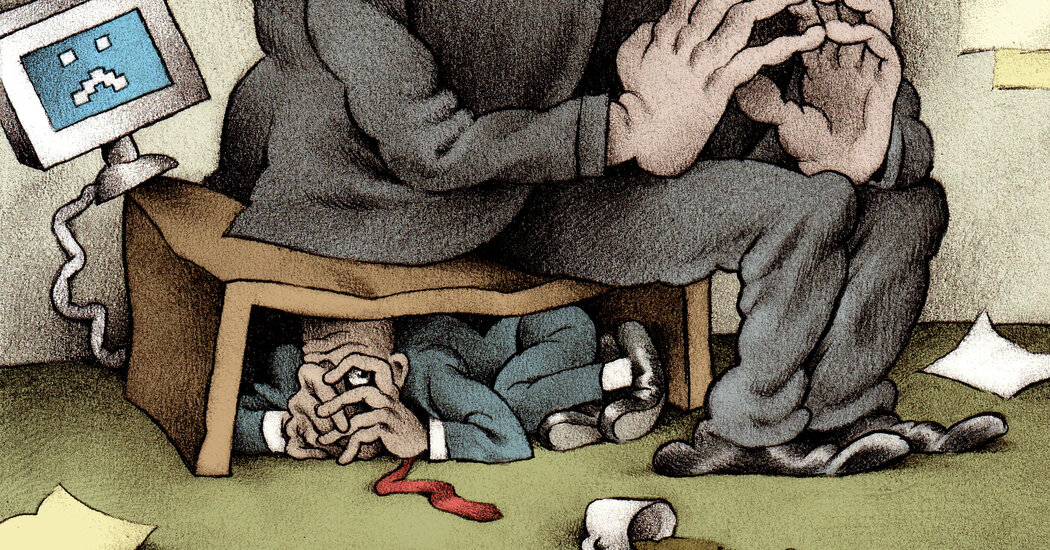Gates has warned that AI will render many jobs obsolete in the coming years, automating roles across multiple industries. But amid the uncertainty, he has identified three professions that will likely survive the AI revolution—at least for now.
The Three Jobs AI Can’t Replace (Yet)
1. Coders: The Architects of AI
Ironically, the people building AI systems are the ones most likely to keep their jobs. While AI has made significant strides in generating code, it still lacks the precision and problem-solving skills needed to create complex software. Gates believes human programmers will remain essential for debugging, refining, and advancing AI itself.
Simply put, AI needs people to build and manage AI—making coders a rare breed of workers whose skills will only become more valuable.
Ironically, the people building AI systems are the ones most likely to keep their jobs.
2. Energy Experts: The Guardians of Power
The energy sector is too vast and intricate for AI to manage alone. Whether dealing with oil, nuclear power, or renewables, industry experts are required to navigate regulatory landscapes, strategize sustainable solutions, and handle the unpredictable nature of global energy demands.
Gates argues that while AI can assist in analysis and efficiency, human expertise is irreplaceable in decision-making and crisis management. For now, energy professionals remain indispensable.
 iStock
iStockThe energy sector is too vast and intricate for AI to manage alone.
3. Biologists: The Explorers of Life
Biologists, particularly in medical research and scientific discovery, rely on creativity, intuition, and critical thinking—qualities AI still struggles to replicate. While AI can analyze massive datasets and aid in diagnosing diseases, it lacks the ability to formulate groundbreaking hypotheses or make intuitive leaps in research. Gates predicts that biologists will continue to play a vital role in advancing medicine and understanding life’s complexities, with AI serving as a powerful tool rather than a replacement.
A Future Reshaped by AI—But Not Completely Taken Over
Gates acknowledges that his predictions may not be foolproof, and AI’s influence on the job market will likely evolve in ways we can’t yet foresee. Just as the Industrial Revolution and the internet transformed the workforce, AI will redefine how we work and what skills remain valuable.
For now, those in coding, energy, and biology can breathe a little easier. But for the rest? It might be time to upskill, innovate, or—as Gates suggests—prepare for a future where AI is not just an assistant, but a competitor.


